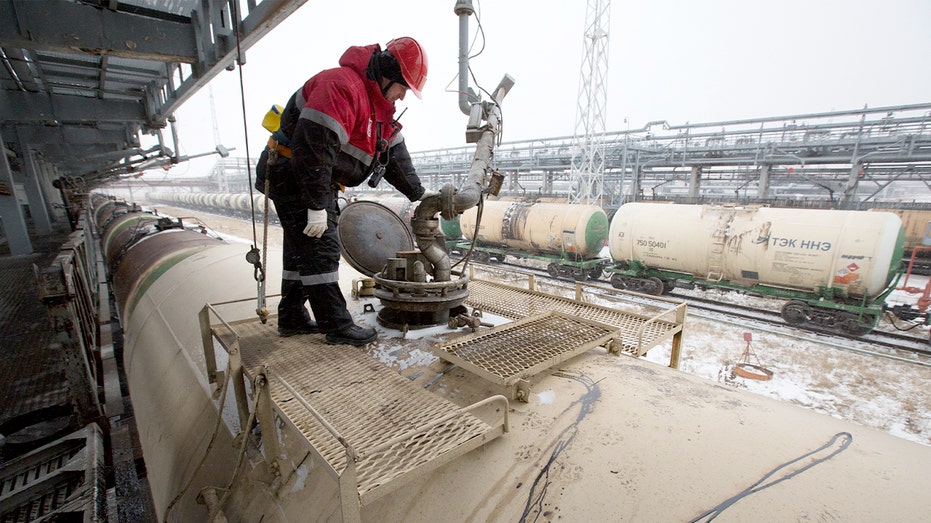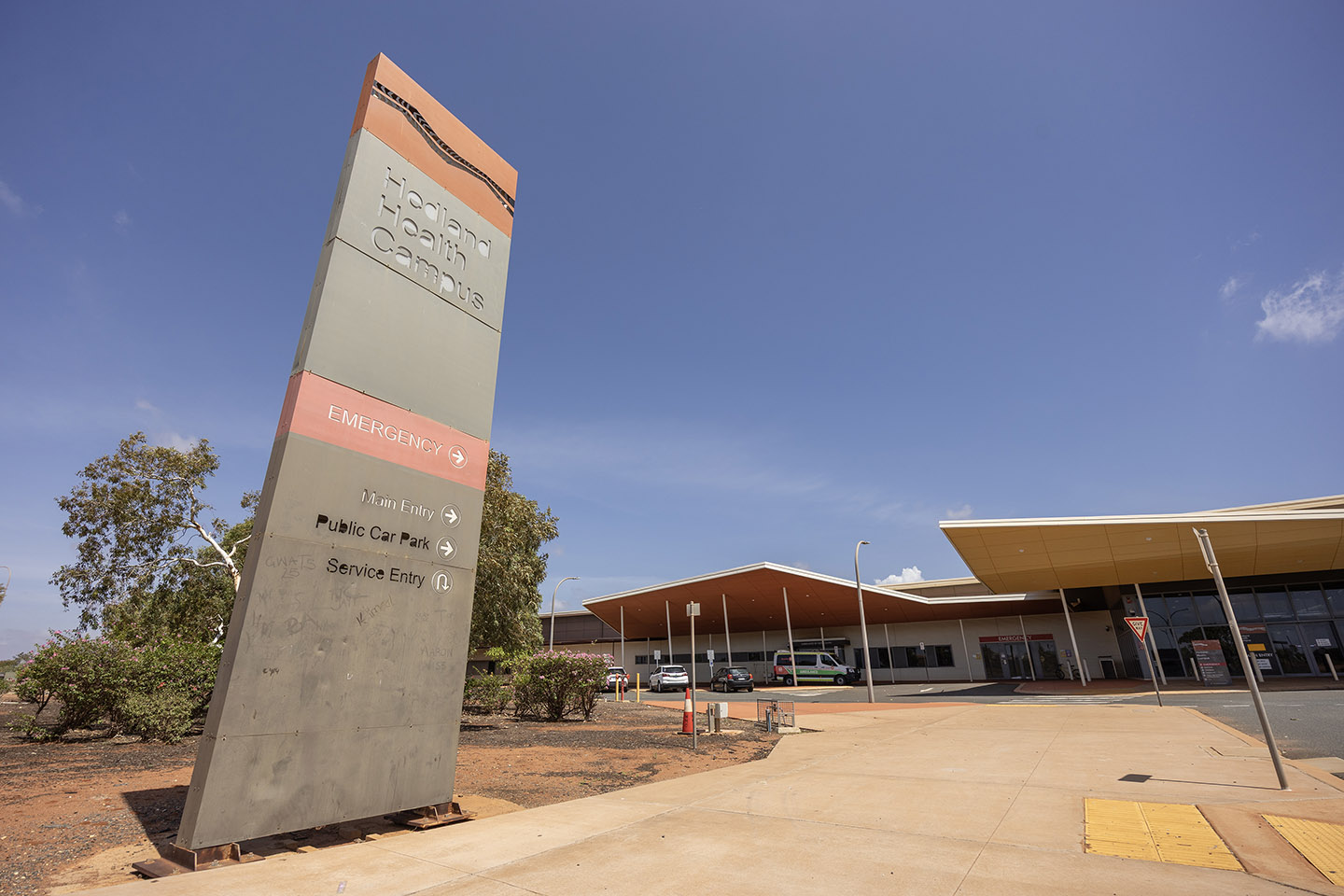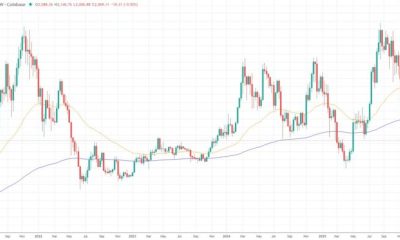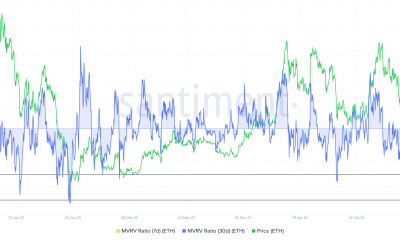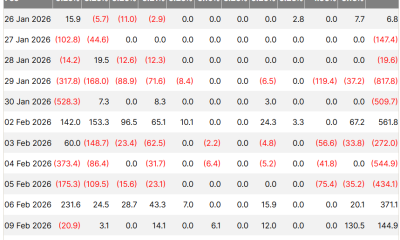Topshop and sister brand Topman disappeared from Britain’s high streets in 2021 after Arcadia Group’s collapse
John Lewis is bringing historic brand Topshop back to high streets across the UK this week. The fashion brand, which closed its final standalone high street stores in 2021, will appear in all of John Lewis’s 32 department stores on Tuesday.
The major launch is part of an expansion of new brands for the coming spring/summer season amid John Lewis’s £800m long-term investment across its stores.
Last year, the John Lewis confirmed a partnership between the historic department store business and Topshop, which started with pop-ups in a number of John Lewis stores.
Topshop and sister brand Topman have been missing from UK high streets since former owner Arcadia collapsed into administration in 2021. The brand was snapped up by current owner Asos which sold Topshop products online.
However, last year the brand returned to physical retail again with a launch in London department store Liberty before revealing its tie-up with John Lewis weeks later.
Topshop will be available across John Lewis’s 32 shops, with Topman available in seven of its stores. The launch will cover a collection of 130 of Topshop’s “most in-demand pieces” including their signature denim items.
Topshop and Topman products will also be available across John Lewis’s online platforms as part of the launch.
Michelle Wilson, managing director of Topshop, said: “Today is about making it easier for customers to access the Topshop and Topman pieces they love.
“From our cult denim to new‑season footwear, you can see it, feel it and take it home the same day.
“Partnering with John Lewis brings Topshop back to high streets across the UK with the level of service our customers expect.”
The move is coinciding with London Fashion Week and will be followed by a “takeover” of Piccadilly Circus in London and activations elsewhere across the UK.
The launch comes amid efforts from the department store chain to drive its growth as it continues with a major transformation plan under boss Peter Ruis.
He said the brand, which is part of the John Lewis Partnership with supermarket chain Waitrose, is investing into its fashion offer to help drive its current strategy.
Mr Ruis, managing director of John Lewis, said: “This moment marks a significant acceleration of our fashion ambition at John Lewis.
“To be the exclusive home of an iconic brand like Topshop, sat alongside other exciting new brands, signals our commitment to be the definitive style authority on the British high street.”
John Lewis has said it is also introducing 14 new fashion, jewellery and accessory labels ahead of this season amid efforts to expand its fashion offer.
It also follows a major redesign of the fashion floors at the retailer’s Oxford Street flagship shop.
Topshop products will be available at the following John Lewis stores
Glasgow, Scotland
Edinburgh, Scotland
Newcastle
Leeds
Liverpool
Trafford, Manchester
Cheadle, Manchester
Cardiff, Wales
Nottingham, Nottinghamshire
Leicester, Leicestershire
Solihull, West Midlands
Cheltenham, Gloucestershire
Norwich, Norfolk
Cambridge, Cambridgeshire
Welwyn, Hertfordshire
Milton Keynes, Buckinghamshire
Chelmsford, Essex
Cribbs Causeway, Bristol
Exeter, Devon
Oxford, Oxfordshire
High Wycombe, Buckinghamshire
Reading, Berkshire
Bluewater Kent
Horsham, West Sussex
Southampton, Hampshire
Brent Cross, London
Stratford, London
Canary Wharf, London
Oxford Street, London
Peter Jones, London
White City, London
Kingston, London




